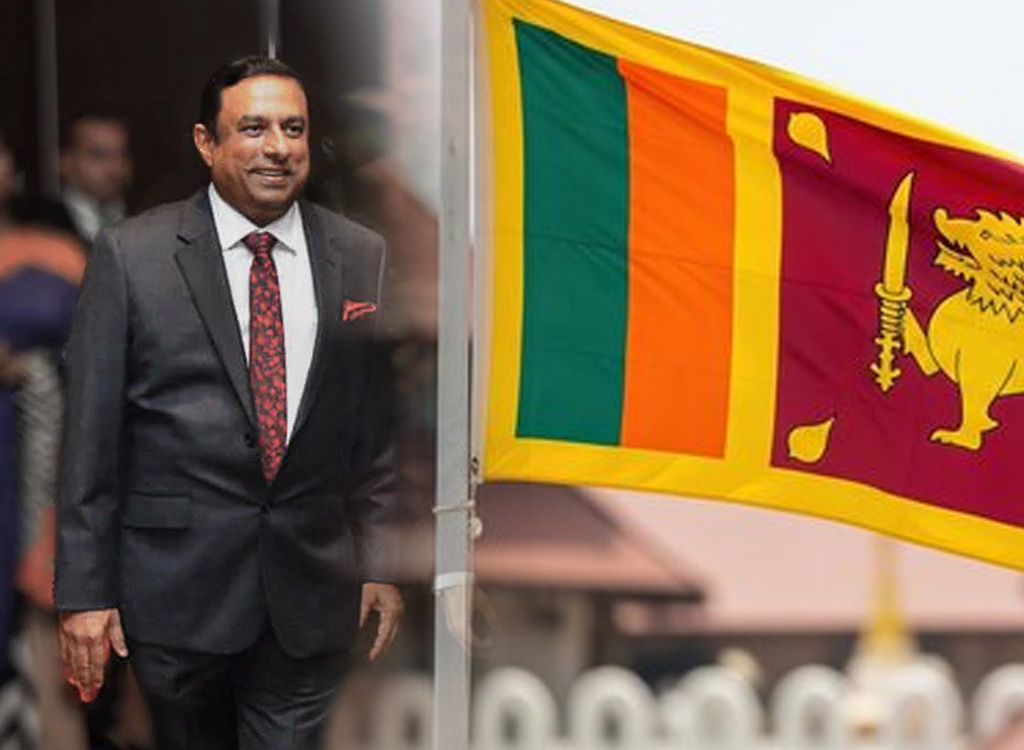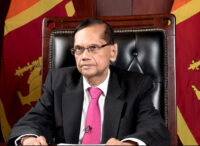Top legal expert and National Procurement Commission (NPC) member Dr. Asanga Gunawansa says that Sri Lanka faces the risk of creating a maze of overlapping regulatory authorities and legal inconsistencies in its approach to public-private partnerships (PPPs) and procurement unless urgent steps are taken to streamline its institutional framework.
Speaking at a high-level forum in Colombo titled “PPP: Partnership and Prosperity for People”, organised by the High Commission of India in collaboration with The Ceylon Chamber of Commerce (CCC), Dr. Gunawansa highlighted the “reincarnation” of the NPC.
First introduced under the 19th Amendment, abolished by the 20th, and revived through the 21st Amendment, the NPC now enjoys a constitutional mandate under Article 161 to issue guidelines, documentation, and information related to the procurement of goods, works, and services.
“Those guidelines did not have the teeth of legislation,” Dr. Gunawansa explained, referring to previous practices under the National Procurement Agency. “Now, under the 21st Amendment, procurement guidelines are given constitutional force. Although they are called guidelines, they are effectively law.”
Raising a critical concern, he asked whether the NPC’s authority clearly extends to PPPs.
While National Procurement Guidelines—introduced in December 2024 and effective from January 1, 2025—include a definition of PPPs, Dr. Gunawansa noted that PPPs traditionally fall under the National Agency for Public Private Partnerships (NAPPP).
Adding to the complexity, the recently enacted Public Finance Management (PFM) Act assigns PPP oversight to the Ministry of Finance, including powers to establish a Public Investment Committee (PIC)—though the committee has yet to be formed.
The upcoming PPP Act will also grant similar powers to the NAPPP, creating what Dr. Gunawansa described as “four parallel entities with overlapping powers”: the Ministry of Finance, PIC, NAPPP, and NPC.
“If each of these entities begins issuing its own guidelines, we will end up with a ‘fruit salad situation’ where no investor can clearly understand Sri Lanka’s PPP architecture,” he warned.
Dr. Gunawansa stressed the need for coordinated action before the PPP Act is enacted, noting that relying on judicial review is insufficient to resolve institutional conflicts.
He also highlighted the importance of accurate legislative translations, as inconsistencies between English, Sinhala, and Tamil versions can create legal ambiguity.
“We must put our house in order first. Without clarity, consistency, and legal precision, we risk deterring the very investors we seek to attract,” Dr. Gunawansa added.











Leave a comment